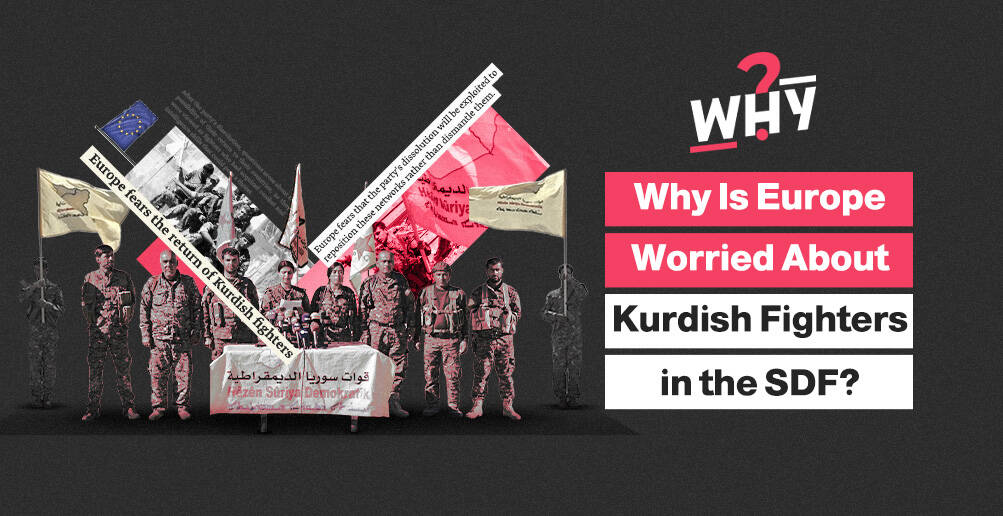Women With Cancer in Gaza; Sad Stories under Occupation and Seige

According to the Spanish newspaper, Pùblico, Women with cancer in the Gaza Strip are facing great difficulties in obtaining medicines and treatment. On the other hand, society is excluding and marginalizing them.
The newspaper said that Neven Haboub, a 42-year-old Palestinian woman with breast cancer, was prevented by Israel on many occasions from leaving the Gaza Strip to receive medical treatment that could save her life.
Treatment Is a "Priority"
The newspaper quoted the Palestinian woman as saying: "Providing our treatment should be a priority. We live in suffering, and we end up dying while waiting for treatment." "I refuse to die like this," she insists.
It pointed out that Nevin has been suffering from breast cancer since 2012 and she is one of the heroes of the Spanish documentary film "Condemnations in Gaza", which was produced by journalists Anna Alba and Beatriz Lecumbri.

The film presents the drama of women with cancer who live in a small land besieged by Israel.
With Egypt's support, Israel isolates, impoverishes, and deprives nearly two million people of their basic rights.
The newspaper indicated that Nevin Haboub was the heroine of the Spanish documentary. Furthermore, she is one of seven women concerned with the Israeli Supreme Court decision, which forced the Israeli entity to allow them to leave Gaza for medical treatment.
Ironically, this decision was rejected by Israel and, therefore, this group was prevented from leaving on the grounds that the women had family ties with members of the Islamic resistance movement, Hamas.
Commenting on this, director Licombri explains: “The Israeli court’s decision came to say that even if this group had family ties with members of Hamas, this could not be a reason to deprive these women from this treatment that will save their lives. Moreover, the law of humanity is above any other consideration.
The newspaper reported that the film began with these phrases: “Anna and I have been working in Jerusalem for a long time and we want to stop the storm, to be able to tell an in-depth story; and explain in a way, what the people of Gaza are living with all the complexities of our land. We stick to it."
"We soon realized that although the entire population faced difficulties in obtaining medical treatment, in the case of women there was more discrimination." The journalist said.
"This appears due to the fact that they suffer from cancer, especially women’s diseases, where they were subjected to discrimination, marginalization and exclusion. They lived with their disease in isolation and intense fear; Which surprised us" she added.
Fear Of Society
“They are afraid of rejection, stigmatization, abandonment by their partners and loved ones, of being unable to marry. That is why we decided to tell this story, because inside the condemnation of the women of Gaza, as the title of the documentary indicates, there are dual judgments,” The journalist said.
The suffering of cancer patients is not due only to the disease and the circumstances surrounding them, "but also to the closed, conservative and very patriarchal society, because of the siege."
The newspaper reported that no one and nothing enters or leaves Gaza without Israeli permission. Patients are included in this decision as they are deprived of medicines and essential medical supplies for treatment.
Therefore, due to this blockade, those who need medical treatment are asking to leave the Strip.
According to WHO data, between 2018 and 2019, between two and three thousand Gazans requested permission from Israel each month to receive treatment in Palestinian hospitals in the West Bank or Jerusalem. However, 40 percent of the requests were rejected or unanswered.
The newspaper reported that Iman Al-Najjar, 36, who has been diagnosed with breast cancer since 2017, had her requests for radiotherapy systematically rejected.
However, her sister was given permission to leave for treatment. In this context, this fact shows two sides of the same coin that highlights the randomness of life and death, and the reality that violates basic rights.
The newspaper reported that Feryal Thabet, director of the Bureij Center for Women's Health, explained in the film that "Israel considers radiotherapy machines a dual-use technology and prohibits their entry."
“As a result, we lose many patients every year,” Thabet said.
On the other hand, "women who are not allowed to leave for treatment are sentenced to death."
However, Israel does not only refuse the entry of machines, but it has also banned the entry of medicines. After breast cancer, Nevin developed bone cancer, which needed a monthly injection, which was not available.
The newspaper added that among these victims, the 34-year-old journalist Hajar Harb. She managed to leave to Jordan for treatment after pressure.
When she returned, the channel she worked for told her that she could not continue with the job because she had cancer, and if her health deteriorated, it would affect her work.
"I was alone in Jordan when I had to make the most difficult decisions of my life, such as removing my breast, without being sure that the disease would disappear," she said in front of the camera.
Later, her husband left her, and married another because of her illness. He told her that she was sick and that she was "disfigured". He also told her, "Thank you for the services you have provided for ten years."
Journalist Licumbri continues, saying: "Through these stories we wanted to tell the complex reality of Gaza... We wanted to show that the internal division in Palestine and the Hamas government is also an obstacle to the lives of people and women," according to her interpretation.
She continued, "We wanted to portray a story that would humanize the conflict... We wanted to show all sides of the conflict. Yes, there is a siege, but also Palestinian division. We tended to take the most expressive image."










